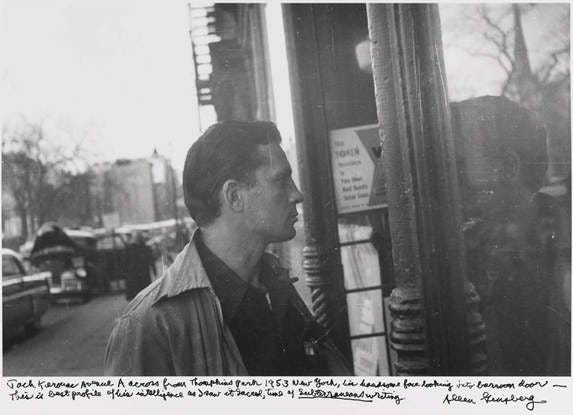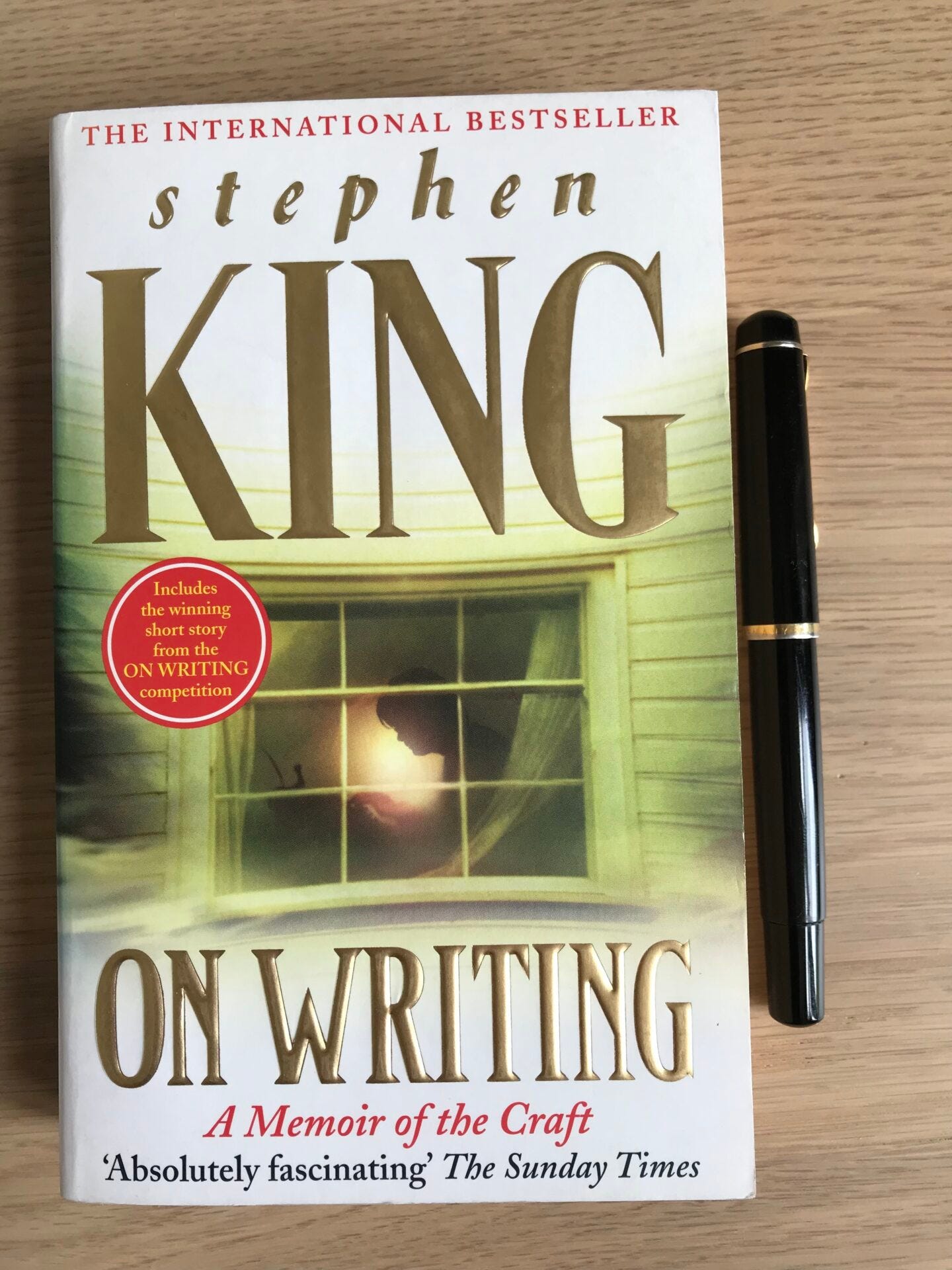Today, I’m learning more about writing and how it connects to all of life. How I can show up on the page in a way that honors my your story. Authentic. Creative. Connected.
[even in this world with its daily horrors]
And, how connected the process of writing can be to the recovery path.
If you are in a season of exploring how to share your story in a way that honors others, or perhaps you are in recovery and a writer too (hello kindred friends), let’s explore 3 unlikely lessons on writing—and recovery—from a classic book on the craft.
Before I became a Christian at twenty-two years old (Easter Sunday, white lily dress with bright pink ribbons), I wanted to be a writer.
Always a reader, in college at the University of Wisconsin Madison, I was introduced head-first into a world of new politics, new ideas, new faith, some of it frightening, all of it exhilarating. It was a swirl of new. And I soaked it up (or more accurately, smoked it up).
What I didn’t know about writing then is that it can be more than a reflection of ourselves. Just like our recovery stories aren’t just ours. They are not just about us.
This poster was framed in my basement apartment back in the day. Like way back. I still love it.
3 Unlikely Lessons
Recently, a friend shared a book (Stephen King’s On Writing) that’s teaching me important lessons about writing and recovery.
Things I wished I would have known then about the craft back when I was just starting out with my lily dress with satin ribbons. Truths about writing that also shine a light on the recovery journey.
What I didn’t know when I opened the book, is that Stephen King is in recovery too.
Having been traumatized by just the picture of the clown in “IT” when I was a kid, I’ve never opened another one of his books. I’m not sure I need to (no offense to his fans out there). This book is gold. Here are 3 things I am learning about writing and recovery.
1. “Write one of your own.”
This was said to Stephen King by his mother after he shared a copied story of a Combat Casey comic when he was just old enough to start holding a pen.1 I remember doing the same. Tracing letters. Copying from a children’s dictionary. Only making it to the “Cs.”
What we forget, I think, is that we don’t have to be anyone else. We don’t have to sound like anyone else. I’m working on this one. We can show up with our unique voice, not just to reflect ourselves back only to ourselves, but to open up space in the heart for another to be moved in a new, mysterious way.
When we find our voices, or remember them, it is mystical.
Our recovery story is our own too. It may not look like a traditional pathway and it might not be the same as when we started. We can be a part of writing our own stories. We have agency or free will, if you will, to pick our path.
2. Recognize good ideas when they show up.
King shares this:
“…good story ideas seem to come quite literally out of nowhere, sailing at you right out of the empty sky…your joy isn’t to find these ideas but to recognize them when they show up.”2
For a researcher and now technical writer and managing editor of Recovery.com, this one is tough for me. We can find out what people are searching for, what people want to know and respond to it. I’ve surveyed you all numerous times to find out what matters to you. This is important.
And, I love that we can let go of the weight of making good ideas happen or the pressure in trying to find them.
They are all around us but just need to be recognized.
Excavated.
Similarly, in seeking recovery, we may ache for answers to our problems. We may be hoping that someone will say something to us, maybe our sponsor or mentor will reveal the key and we will be healed, recovered for good.
The truth is, good ideas and help is all around us, but it may be a slow process to understanding (a continual one). Let’s make sure our eyes are open so we recognize wisdom when it shows up. Or better, when it is uncovered.
3. “Write with the door closed and write with the door open.”
Through a rigorous editing process, King’s professor, John Gould, marked up one of his stories in college and it taught him an important lesson about writing: There is a first draft and then there is the story.
“When you re-write, your main job is taking out all the things that are not the story.”3
He goes on to share that our stories start out for us, but they begin to be more than a reflection as soon as we chisel away at what’s unnecessary. This, in my own writing, is sometimes tough (as my earlier books show). We need others with a keen eye to help us figure out what needs to go when the door opens.
Photo by Daniel Gregoire on Unsplash
In early recovery, we can move from listening to sharing our story. For some of us, this sharing then becomes public in advocacy spaces. Making sure to respect the anonymity of certain traditions like AA and speaking out (not on behalf of a 12-step program), but in honor of our stories for the sake of another.
This can be challenging: to share messages of hope that are not about us. It can be tempting to glorify ourselves in the process and make it about our heroic journey of recovery.
But what is heroic is our ability to connect as humans through the power of story. My recommendation for folks who want to share their story “with the door open” is to do this in community with others. Start with a friend or a neighbor in a living room. Then see what happens next.
These unlikely lessons remind me of who I am outside of the lines, as a writer and as a woman in recovery.
On Writing is full of other jewels, too, so you may get a part 2 from me on this, but for now, perhaps we should ponder how writing-recovery-life is an opportunity to move beyond the reflection of our own stories towards something more.
What have you learned or what have you been learning about recovery, writing, or life? What are you un-learning?
Any recommendations for other books on writing?
Interested in joining a weekly journal prompt? I’m working with Recovery.com on a new Substack! The Recovery.com Journal is where every Wednesday I’ll be dropping a few prompts and journaling with you. Subscribe here to join in.
Caroline Beidler, MSW, is an author, speaker, and Managing Editor of Recovery.com, where she combines expert guidance with research to help people find the best path to healing and treatment. Her next book, When You Love Someone in Recovery: A Hopeful Guide for Understanding Addiction, is coming Spring 2026 with Nelson Books. Drawing from her own recovery journey through addiction, mental health challenges, and trauma, along with training as a mental health provider and addiction recovery expert, Caroline inspires others to believe that healing is possible. Learn more about her books here.
King, S. (2000). On writing: A memoir of the craft. Scribner, 15.
King, 25.
King, 47.






Thank you, Caroline. His book On Writing was one of the best I’ve ever read regarding the craft. Thank you for allowing me to see it again through your eyes. Excellent take always!
A lovely reflection.